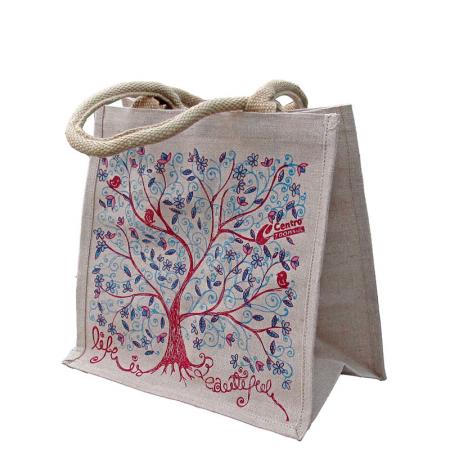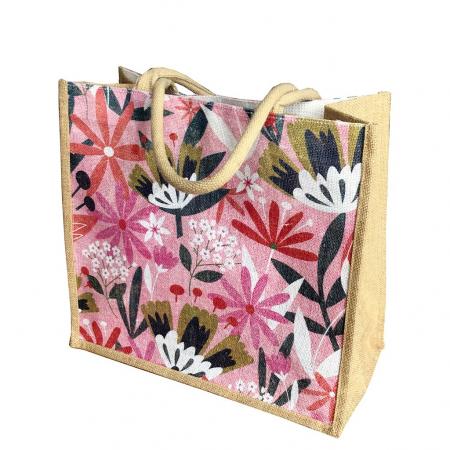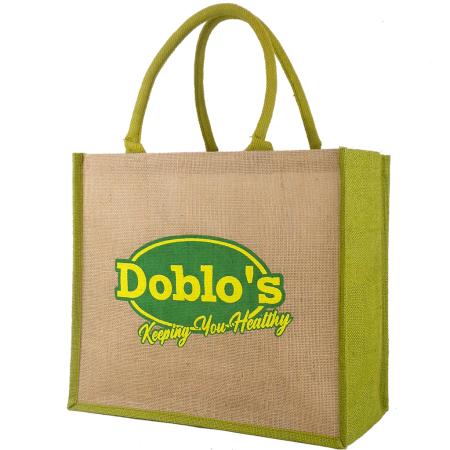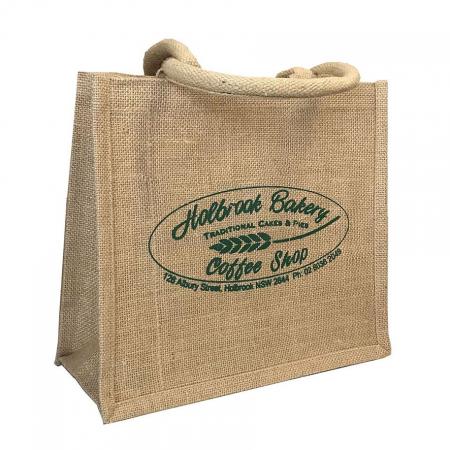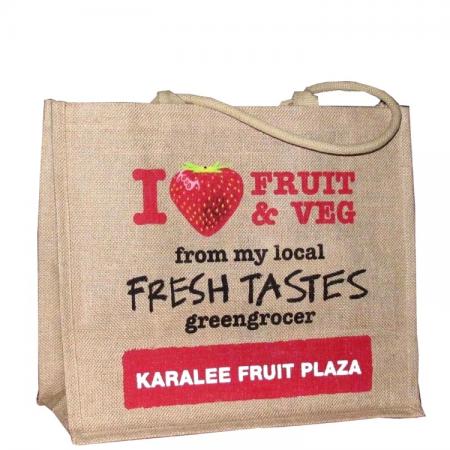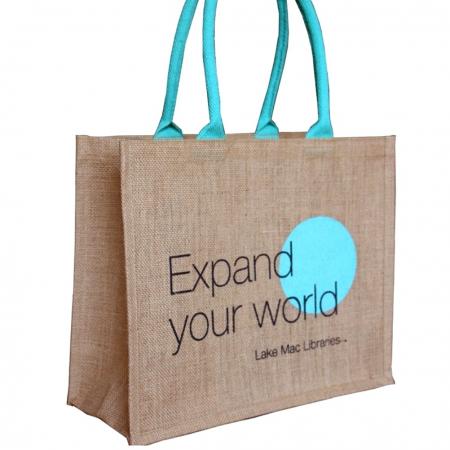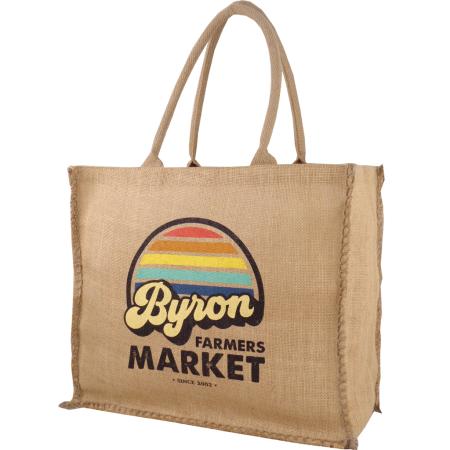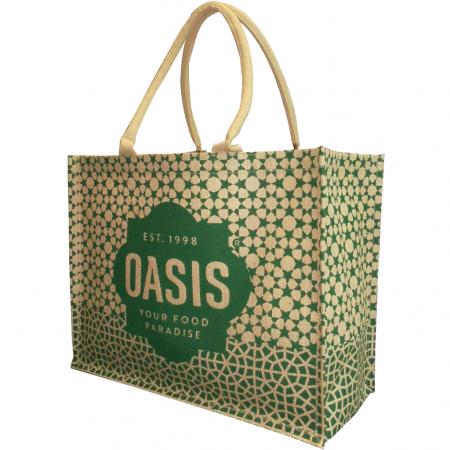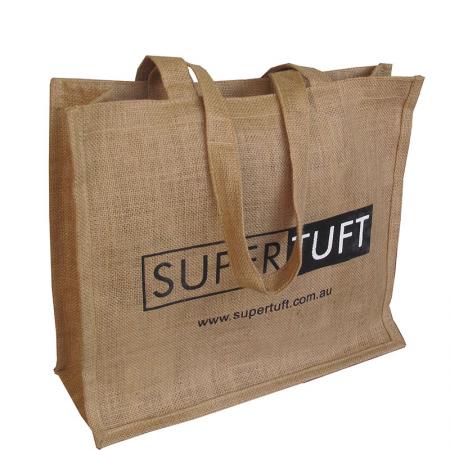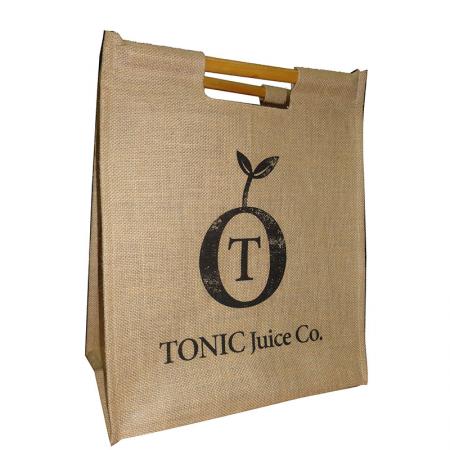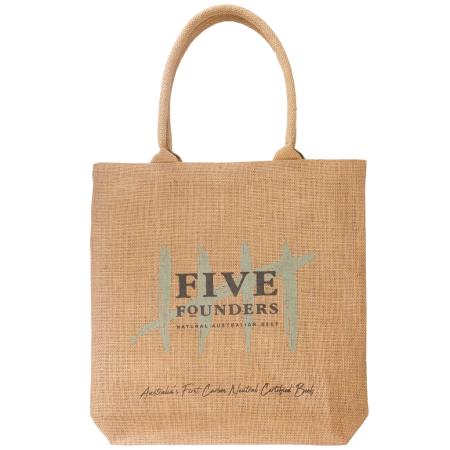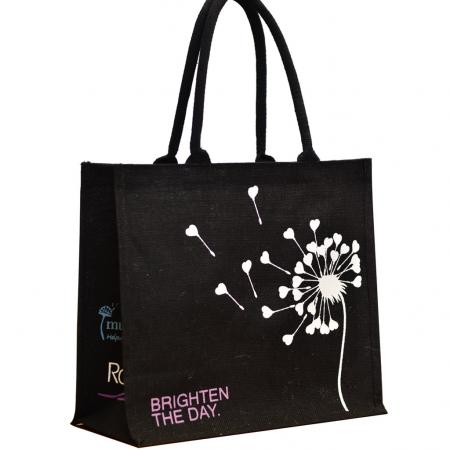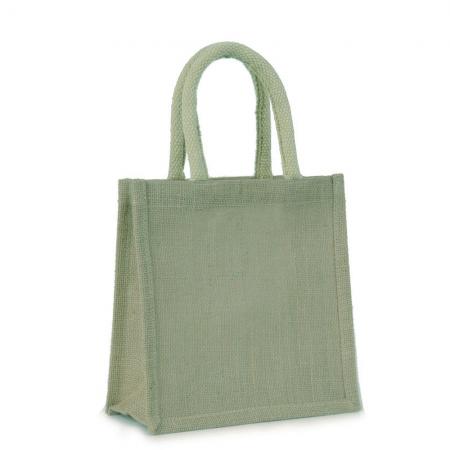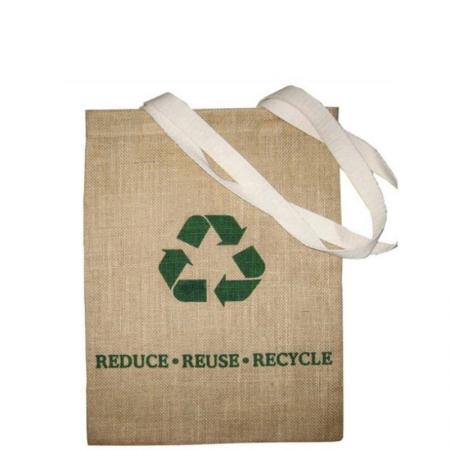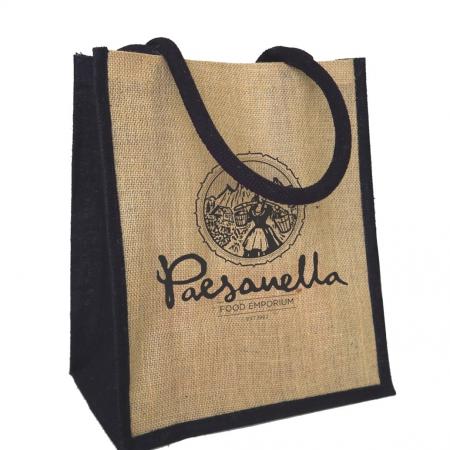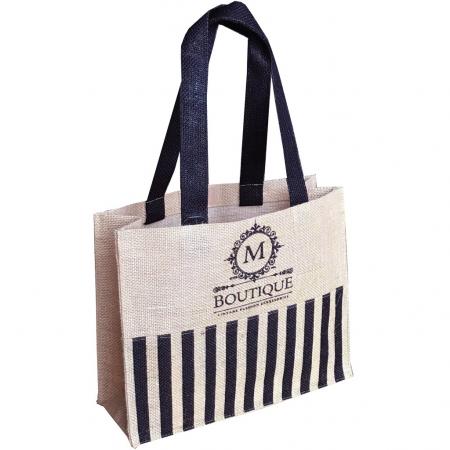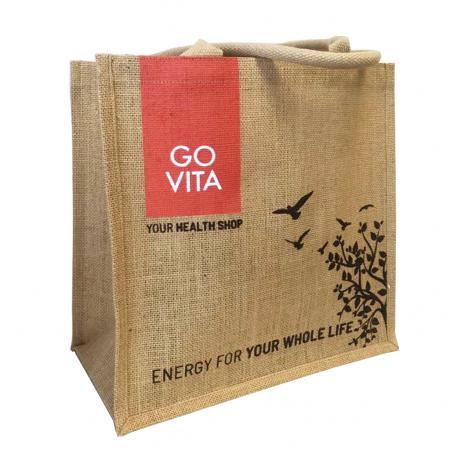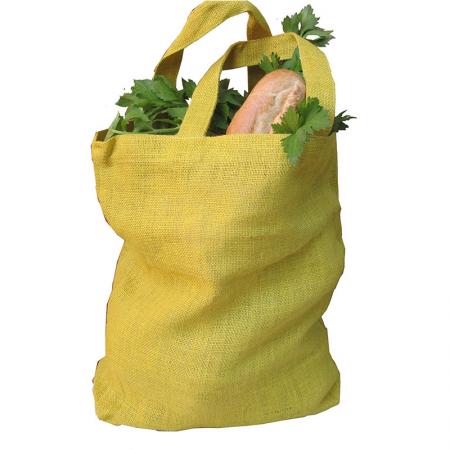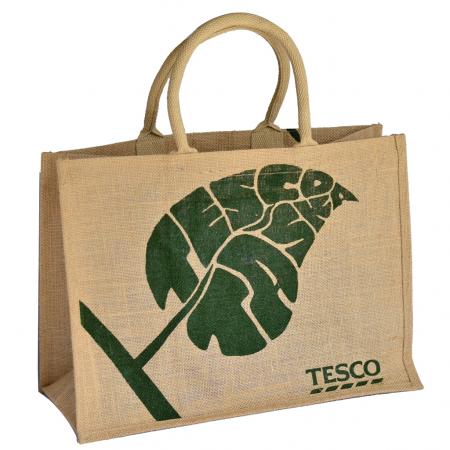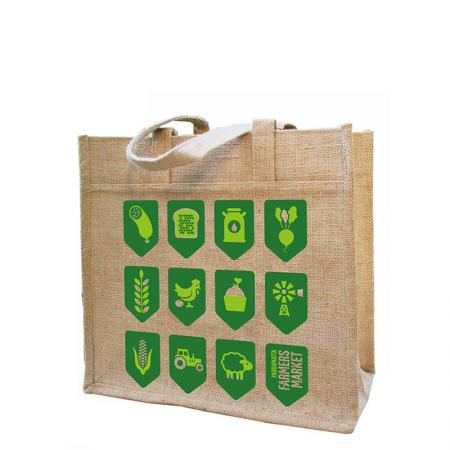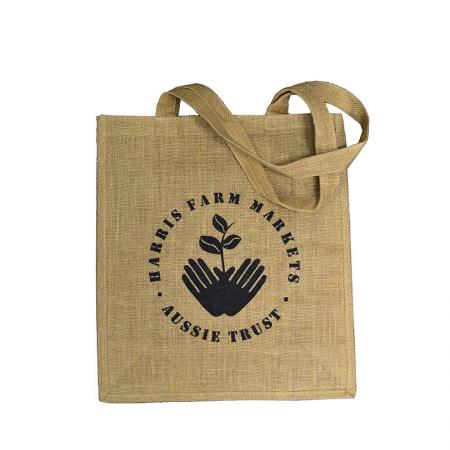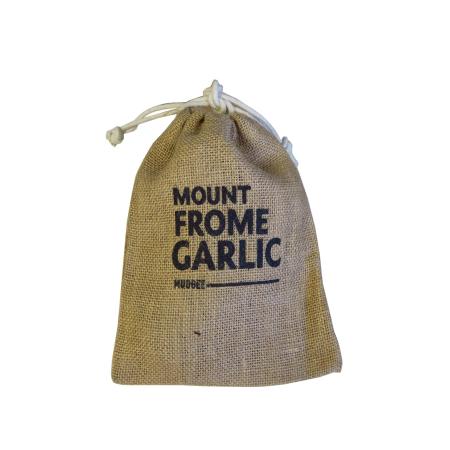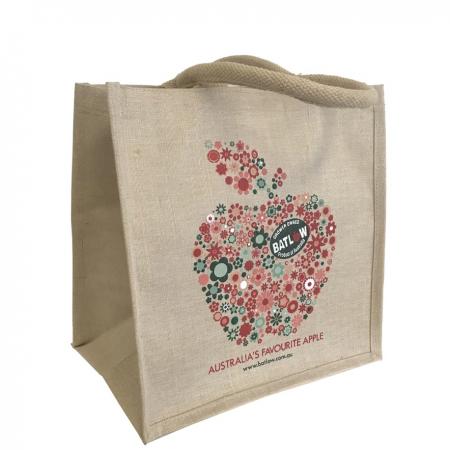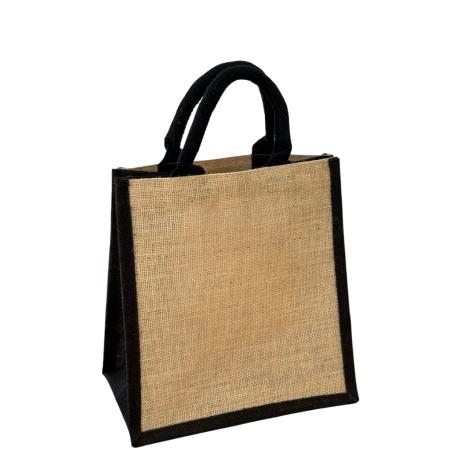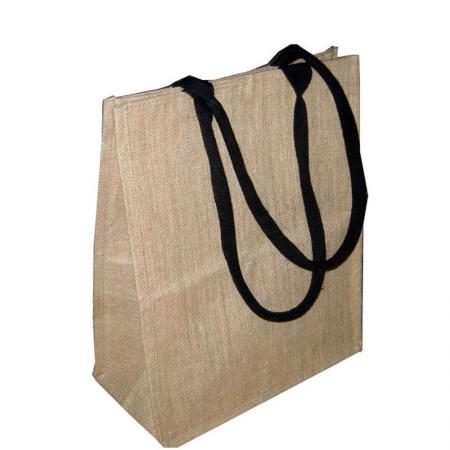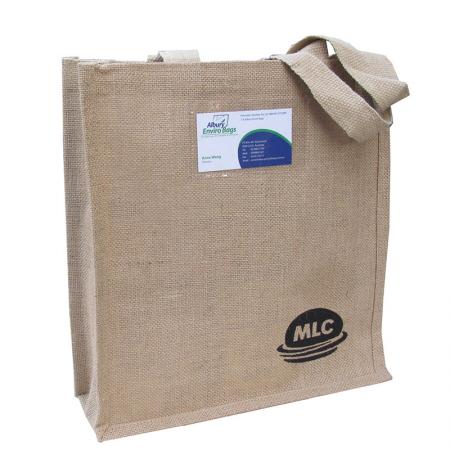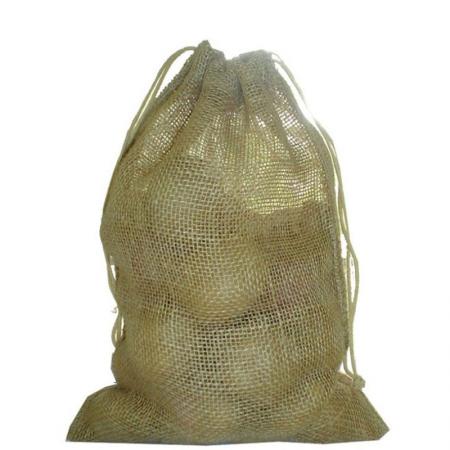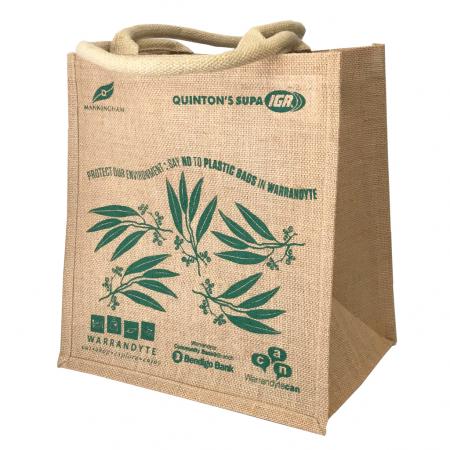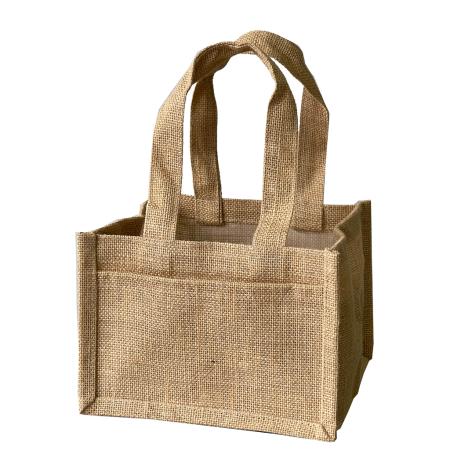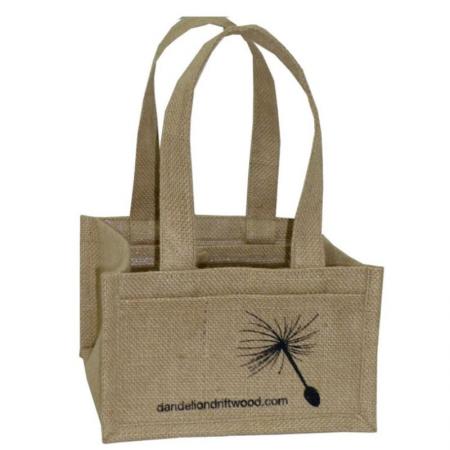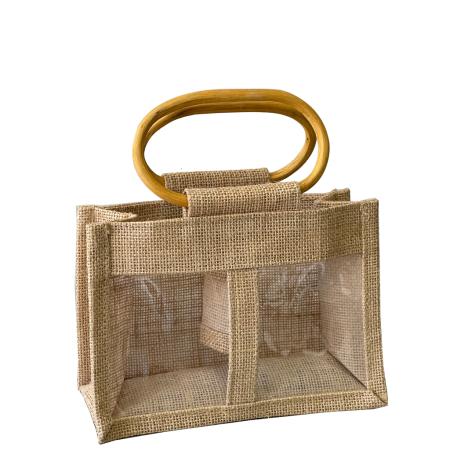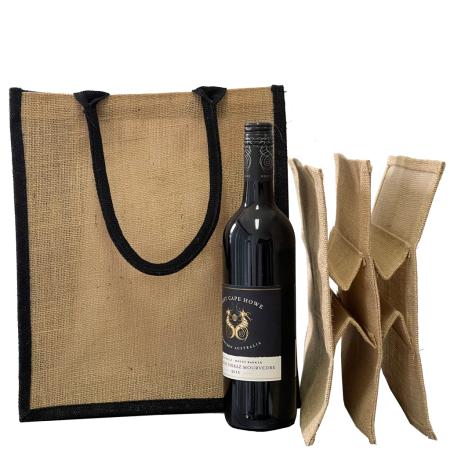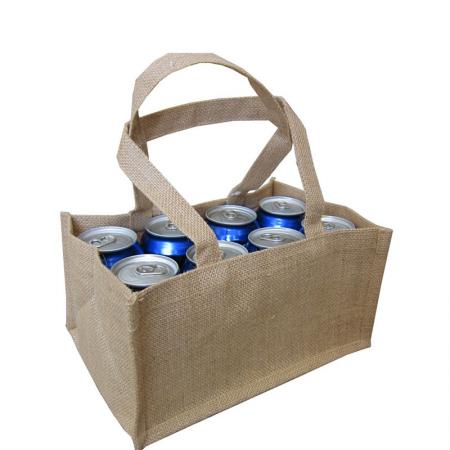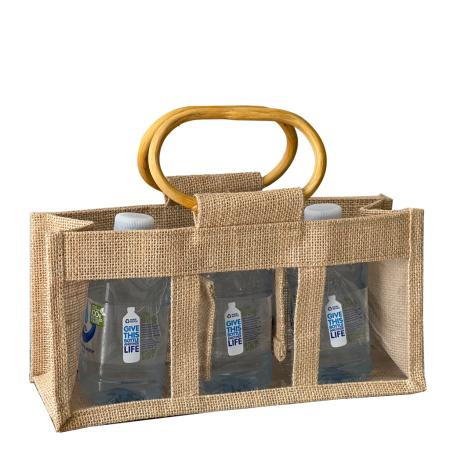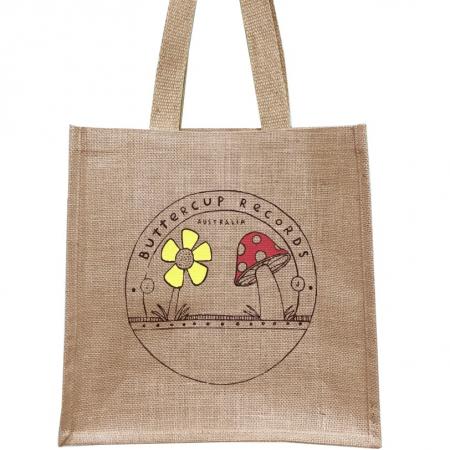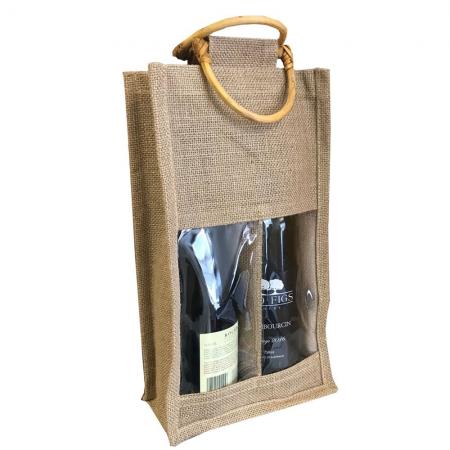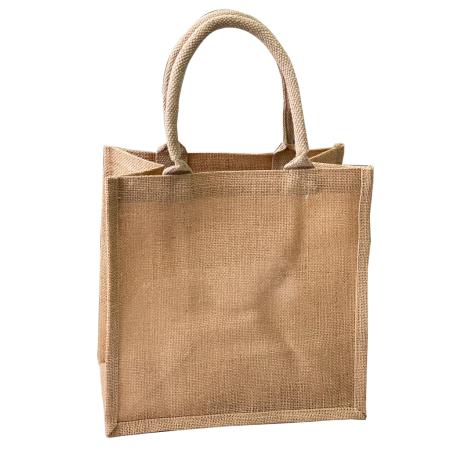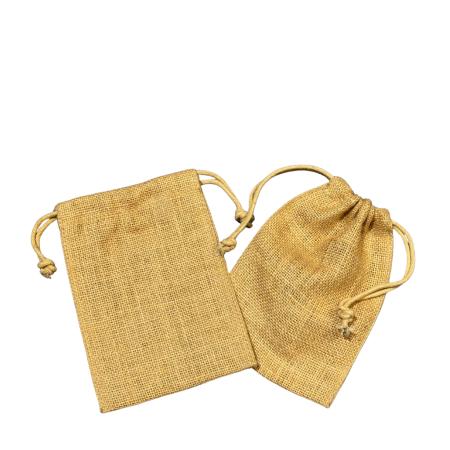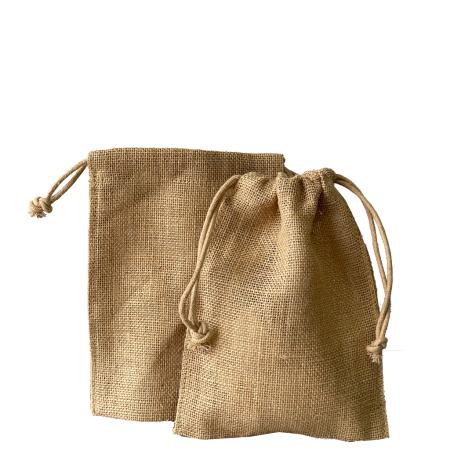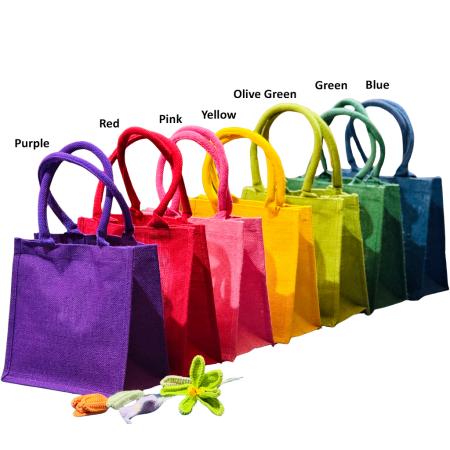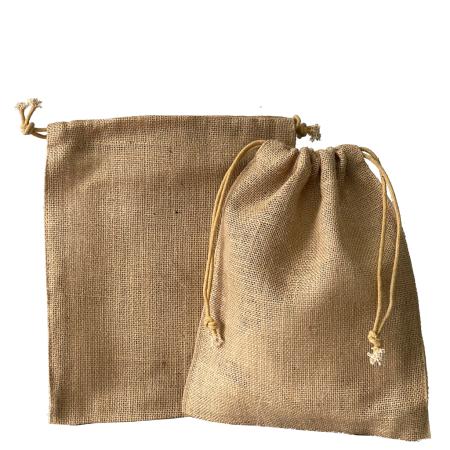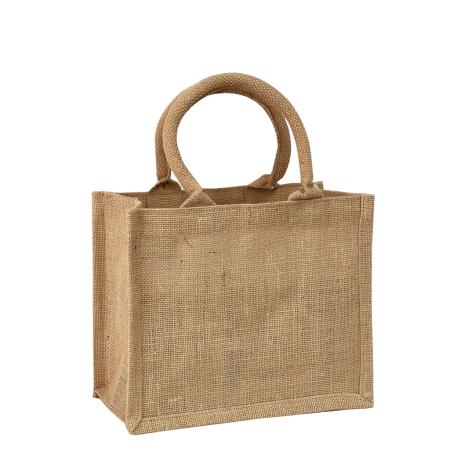Jute Bags & Hessian Bags for Sale in Australia
Jute bags & hessian bags are made from jute fibre, a totally natural biodegradable and compostable fibre obtained from the jute plant (Corchorus olitorius and Corchorus capsularis). An incredibly strong natural fibre with low extensibility and high breathability, jute is incredibly versatile and is used in a range of packaging, textile and agricultural sectors. We provide both retail and wholesale customers in Australia with incredibly high-quality jute shopping bags online, as well as hessian shopping bags (a type of jute), that are durable and reliable whilst being highly eco-friendly.
What is the difference between jute bags and hessian bags?
You may have heard jute and hessian used interchangeably when referring to shopping bags and other products made from jute fibre. That’s because both hessian bags and jute bags are manufactured from fibres, extracted from the jute plant, Corchorus capsularis.
You’ll find that hessian shopping bags are an exceptionally breathable product that resist condensation, making them an ideal bag for sometimes damp produce such as fresh fruits and vegetables. We can provide hessian bags wholesale, so you can then provide them to your customers Australia wide as eco-friendly shopping bags.
Why are jute bags and hessian shopping bags so eco-friendly?
The jute bag plant is a renewable resource with a high production rate per hectare. Jute fibre, which is the cheapest vegetable fibre, is procured from the bast or skin of the plant’s stem and therefore is both 100% biodegradable and compostable. In fact, jute is commonly used to make planter bags, as it allows plants to be planted in soil while still in their bag. This prevents root disturbance, encourages quick growth, and eliminates setback due to transplanting. Over time, the jute bag simply composts into the soil structure. It is also favoured during land restoration projects, as it can prevent erosion from occurring while natural vegetation becomes established.
Polypropylene, the main synthetic competitor of jute, requires 10 to 20 times more energy consumption during manufacture than jute. Furthermore, just one hectare of jute plants can consume around 15 tons of carbon dioxide and release about 11 tons of oxygen during growing season. As such, jute is an environmentally friendly choice both during the production stage as well as when a finished product.
What is jute used for?
A super versatile product, jute is commonly used to produce top quality yarn, fabric and sacks. Its strength makes it a favoured material when making rope, shopping bags, sacks, hessian cloth, floor coverings, as well as carpet and linoleum backing.
Jute will accept various dyes such as natural, basic, vat, sulphur, reactive and pigment dyes, further increasing the range of its functions across different industries.
What is juco?
Juco is a fabric made from a jute and cotton blend. It has a finer texture than jute which makes it more suitable for detailed printing.
Jute is commonly blended with other fibres, both synthetic and natural, such as wool. This is to create specific qualities in the fabric which are required to produce a higher quality product.
What other reasons are there for choosing jute products?
The best source for jute in the world is the Bengal Delta Plain in the Ganges Delta, most of which is occupied by Bangladesh.
Jute farming is a very labour-intensive process, comprising 60%-70% of total production costs, which produces very low monetary rewards on a per hectare or per ton basis. It has been estimated that 215 man-days of labour are required per ton of fibre, and a farmer will often earn less than US$0.70 per day for their work.
Two to three million tons of jute are produced every year in the main jute producing countries, India and Bangladesh. In spite of the low monetary returns, jute farming supports 4 million farmers and their families in India alone, and these farming families are located in some of the poorer areas of India.
Jute farmers usually rotate their jute crop with rice. Since they are situated in very high rainfall areas, these farmers have limited crop choices, making jute the crop of choice in such locations.
It is important that when sourcing materials and products to not only choose environmentally friendly options, but ethically derived ones too. By choosing jute products you help protect our natural environment and provide support for families who rely on jute farming to survive.
Want to buy jute or hessian bags online?
Albury Enviro Bags stocks a range of jute and hessian promotional bags either as wholesale for Australian businesses, or for savvy consumers who want to be eco-friendly. To see what’s available, simply browse our range online.
Got any questions? Just give us a call on (02) 9534 6283 or fill in our online enquiry form and we can easily discuss any concerns or specifications you may have.
If jute or hessian is not quite the material you’re looking for, feel free to browse the extensive range of other products available at Albury. This includes promotional bags, canvas, calico, hemp and stock express bags.





